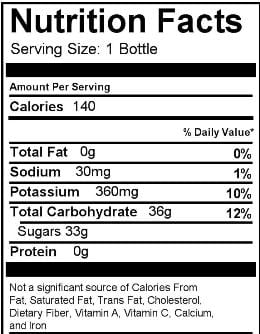
Apple Juice 10 oz87f6a2a0 d4f7 4fa9 9954 445719a875ec
You have probably seen the articles on social media about the new juice guidelines put out by the American Academy of Pediatrics. We wanted to add our voice of support to all the press and tell you a little bit more about why this is such an important change to the guidelines!
Ask any pediatric dentist and they will tell you that diet is a huge factor in whether or not a child will likely develop decay. If a child is frequently exposed to sugary or starchy foods or drinks, they are at much higher risk for dental decay. Fruit juice is particularly deceptive because it appears to be something healthy, but in reality all the “good stuff” that made the fruit beneficial – like fiber and phytonutrients – has been removed in the juicing process, so all you’re left with is sugar water. Surprisingly, 100% no-sugar-added apple juice (even if it’s organic) has MORE sugar than Coke (45g of sugar for 12oz vs. 39g of sugar for Coke).
Frequency of exposure is the other big factor in cavity formation related to diet. If the juice is presented in a sippy cup that the child has constant access to throughout the day, the sugary liquid is all the more damaging. So even for children over age one for whom juice is not expressly forbidden by the guidelines, it’s still good to give it only sparingly (no more than ½ a cup or 4oz a day), served in one sitting with a meal, and with water after. Juice should be thought of in much the same way as a piece of cake or soda – it’s a special treat, offered sparingly, and is not a part of a healthy child’s routine daily diet. A clementine or an apple is a much better choice, whether we’re talking about teeth or general health!
So try to eliminate juice altogether from the diet if possible, or decrease the quanitity and frequency significantly to avoid cavities. If your child has already had cavities, then it’s even more important to “just say no” to juice!
